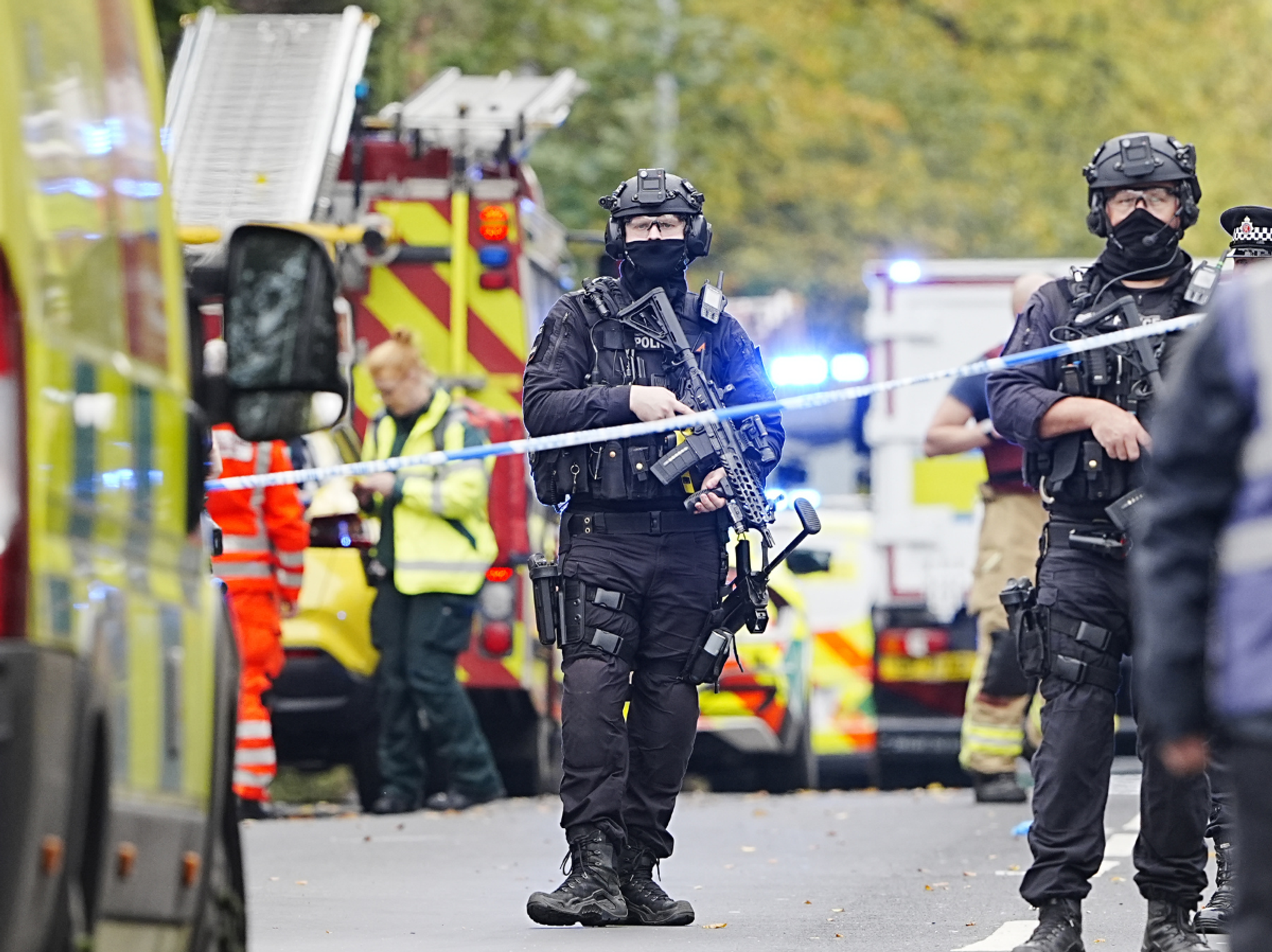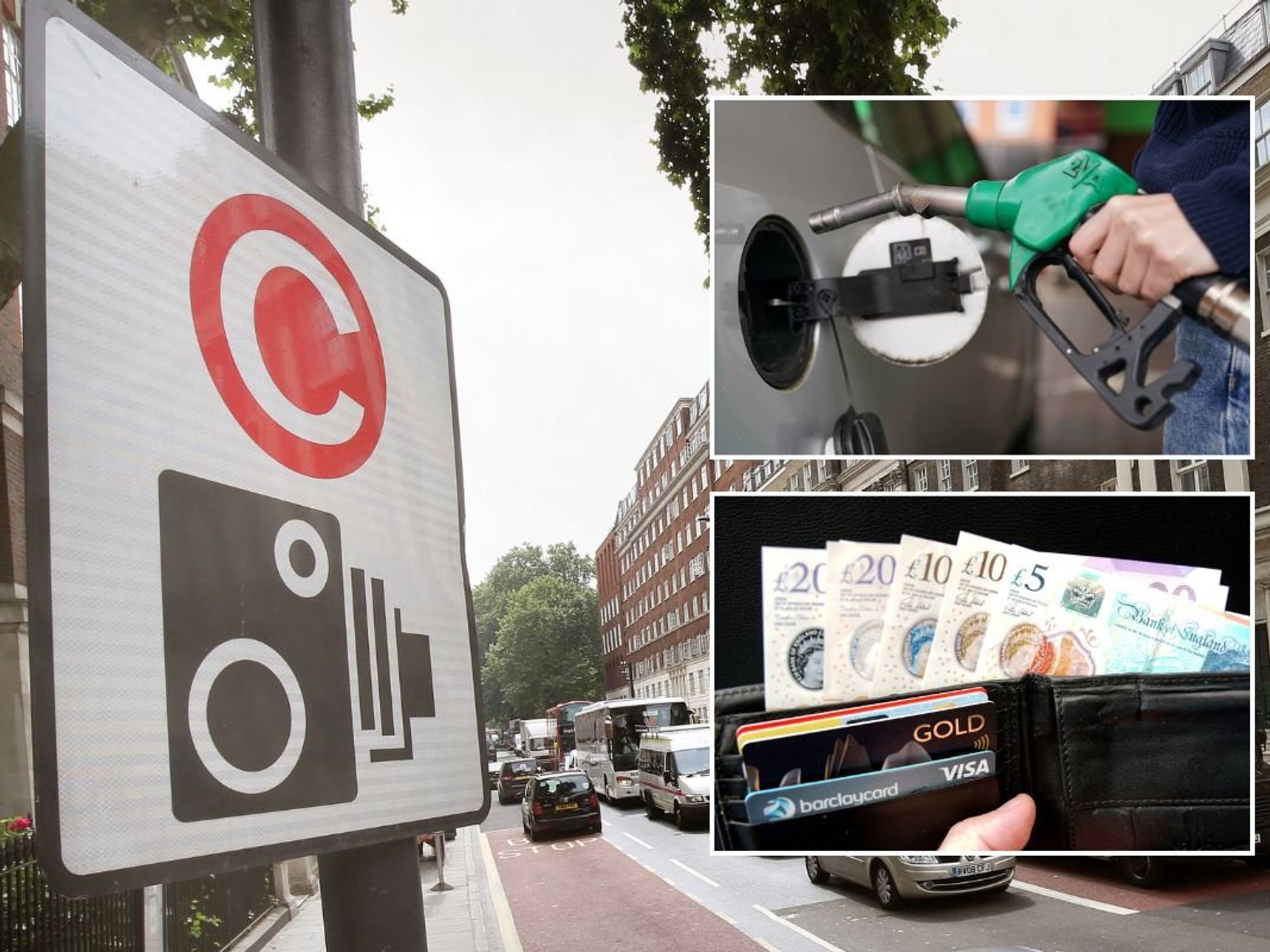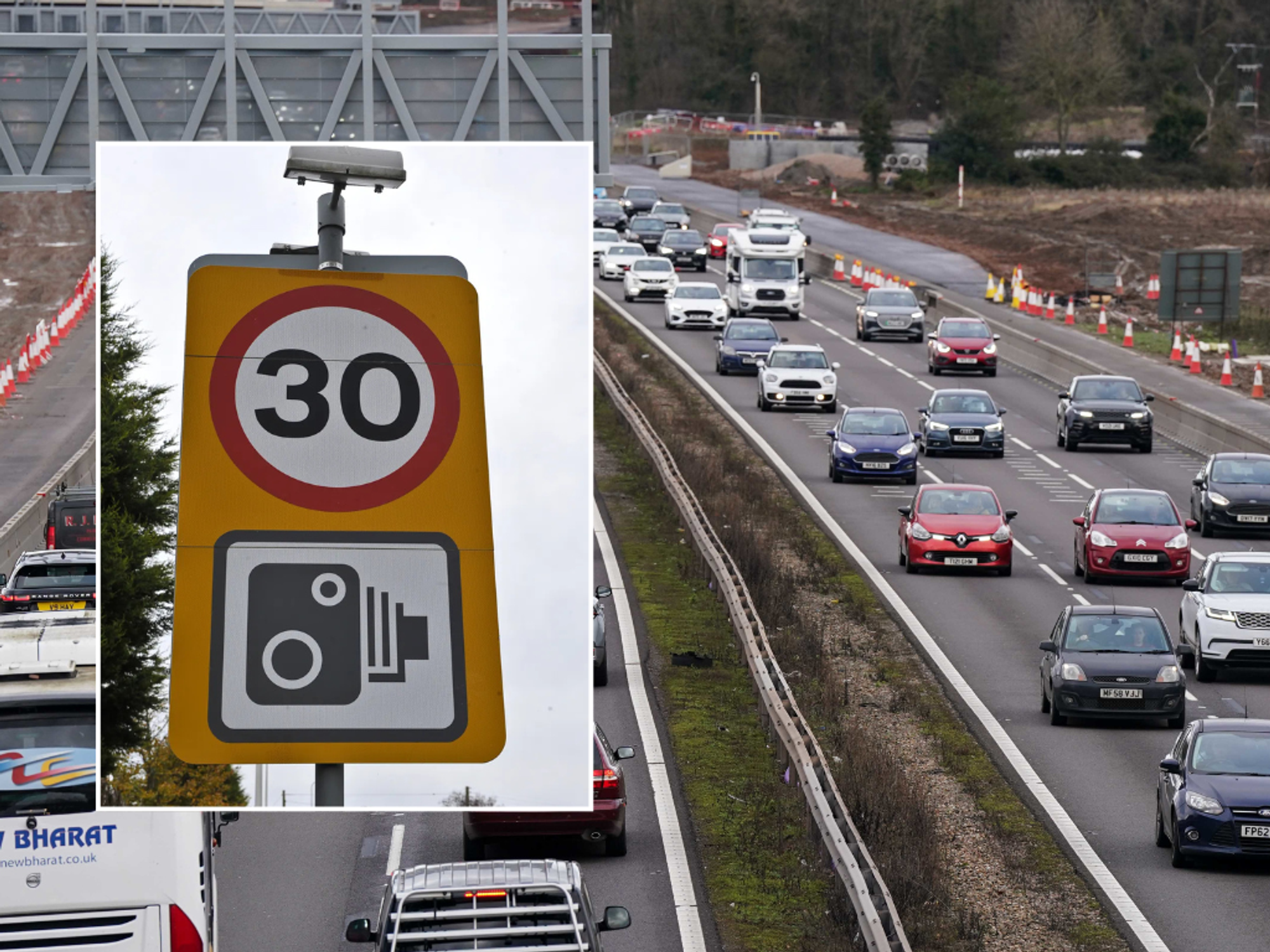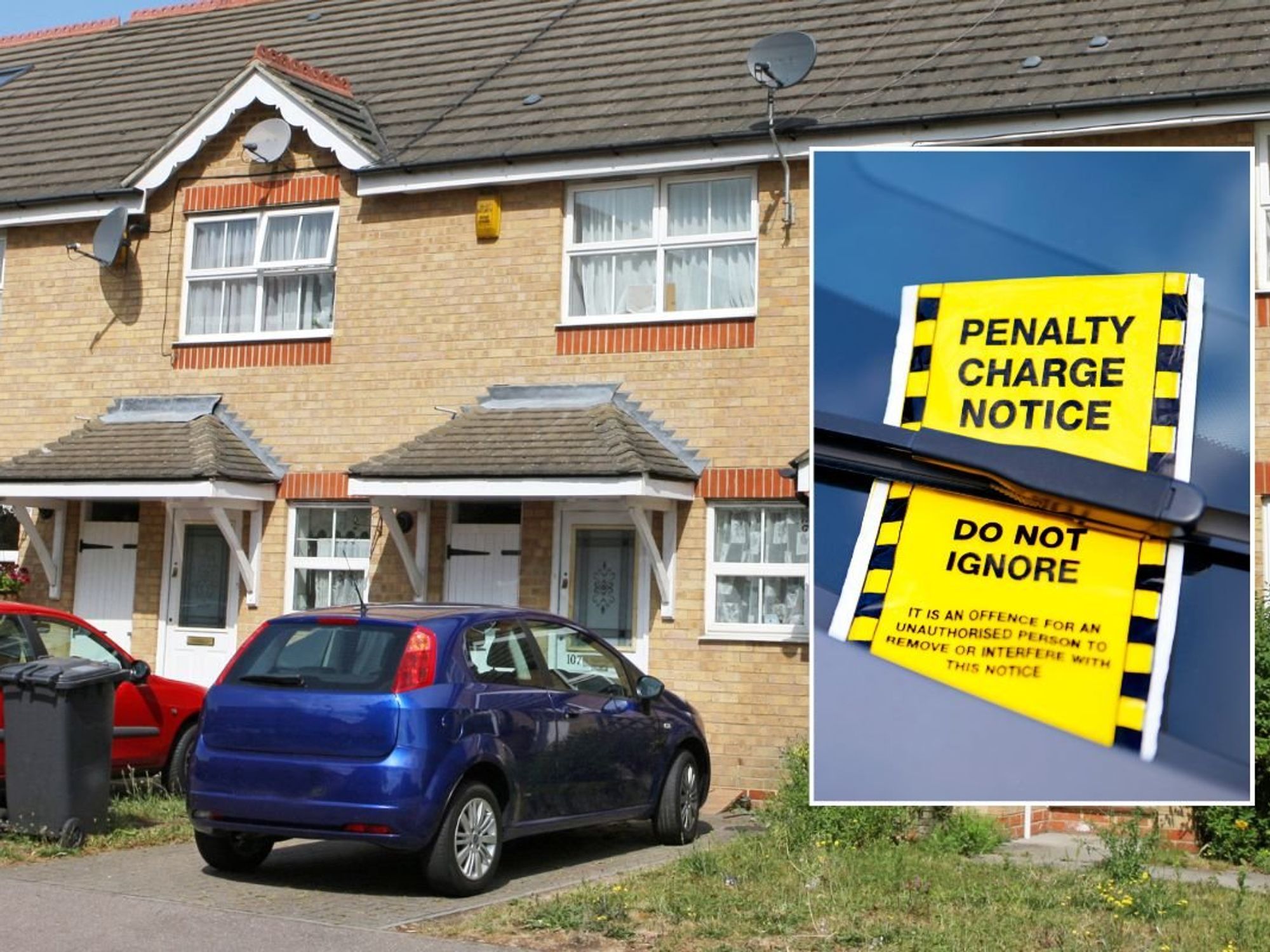Electric vehicle sales to 'accelerate' once petrol and diesel car ban laws change in 2030
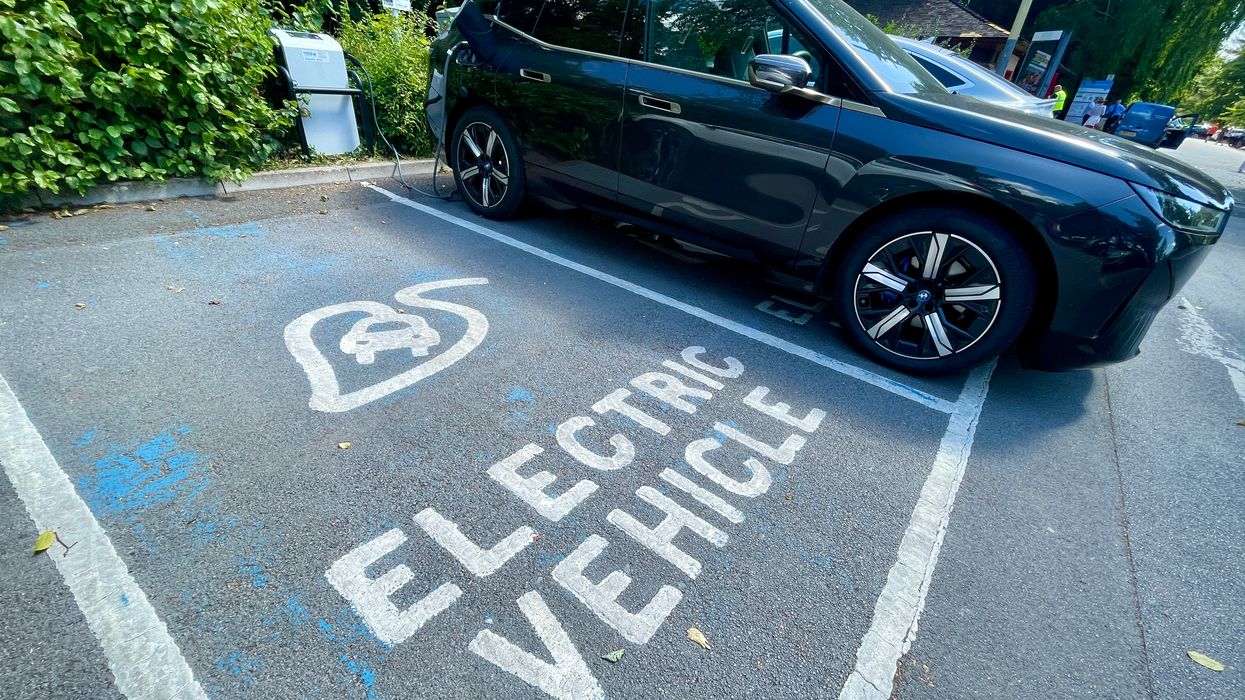
The new Labour Government is expected to move the deadline to ban the sale of new petrol and diesel cars
| GETTY
'As EVs become more common, drivers find more of their friends and family are EV drivers'
Don't Miss
Most Read
New research has found that confidence in electric vehicles among drivers has grown massively in recent years, although there are still several barriers to entry.
There are expectations that Labour will reinstate the original 2030 deadline to ban the sale of petrol and diesel vehicles after former Prime Minister Rishi Sunak delayed the net zero pledge last September.
With this announcement expected "in due course", new research has found that drivers are continuing to adapt to electric vehicles and are growing more confident with EVs.
However, several barriers still remain, with costs being the most pressing issue stopping drivers from switching to an electric car.
Do you have a story you'd like to share? Get in touch by emailing motoring@gbnews.uk
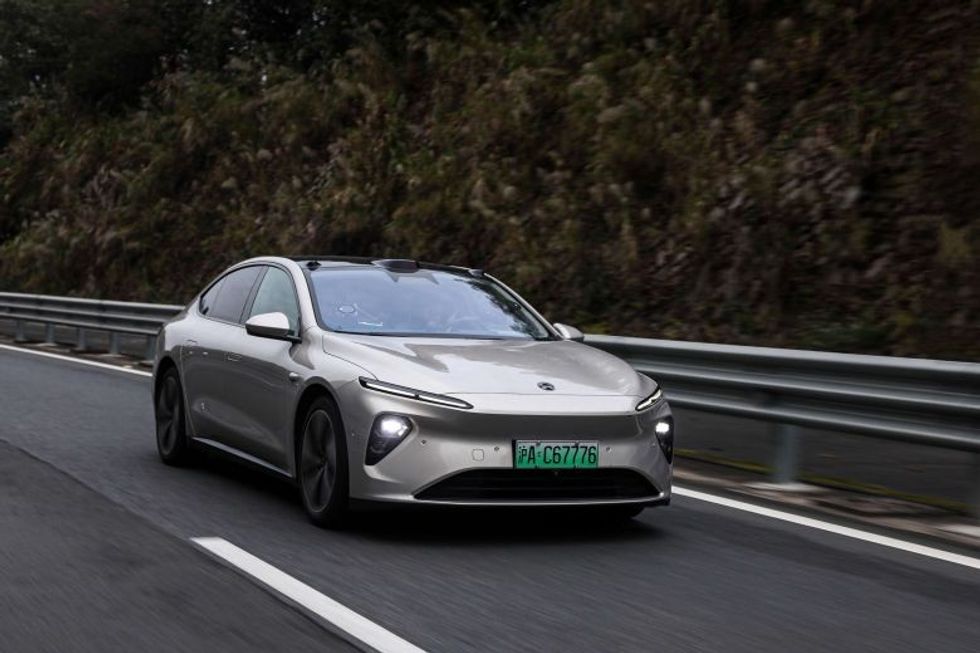
Chinese brands are rolling out cheaper cars for the UK market
| NIOThis was identified by 64 per cent of people including the initial cost of the vehicle, maintaining the car and a lack of finance options.
The vast majority of electric vehicles on the market are still more than £30,000, which remains one of the key factors holding drivers back.
While automotive brands are under pressure to stop selling petrol and diesel vehicles, they are still far cheaper than electric equivalents.
While prices are falling for electric vehicles and some models are available for less than £20,000, some drivers will naturally be more inclined to go with the cheapest option, especially in the midst of the cost of living crisis.
Sarah Clarke, consumer marketing manager at Europcar, commented on the data and how electric vehicles will continue to become more popular in the coming years as costs fall and choice becomes larger.
She added: “It appears from our data that drivers are becoming more confident in the growing network of vehicle charging points across the country.
“Significant investment is being made across the UK to boost the infrastructure, and that is likely to be accelerated under the new Government, following its manifesto commitment to reinstate 2030 as the deadline for the ban on the sale of new diesel and petrol vehicles."
Charging also remains an issue for motorists, with Britons calling for an improved national charging strategy with the installation of more chargers.
Zapmap data shows that there were almost 67,000 devices across the UK at the end of July 2024 - a significant year-on-year increase of 46 per cent, with 21,000 installed since last July.
However, some areas of the UK are still missing out as a result of a postcode lottery. For example, there are just 622 EV chargers in Northern Ireland, while Greater London has almost 34 times that number.
The new Labour Government have pledged to make changes to planning permissions to ensure that more electric vehicle chargers can be installed, which should see an explosion in the number of devices around the UK.
Clarke concluded, saying: “It’s also encouraging to see that knowledge is growing.
LATEST DEVELOPMENTS:
- Drivers urged to avoid roads this week as UK prepares for chaos - 'Be prepared to sit in lengthy queues'
- DVSA warn millions of British drivers about £1,000 fine for MOT test error amid major reminder
- Major car brands recall over 1.8 million vehicles as airbags could 'kill or produce life-altering, gruesome injuries'
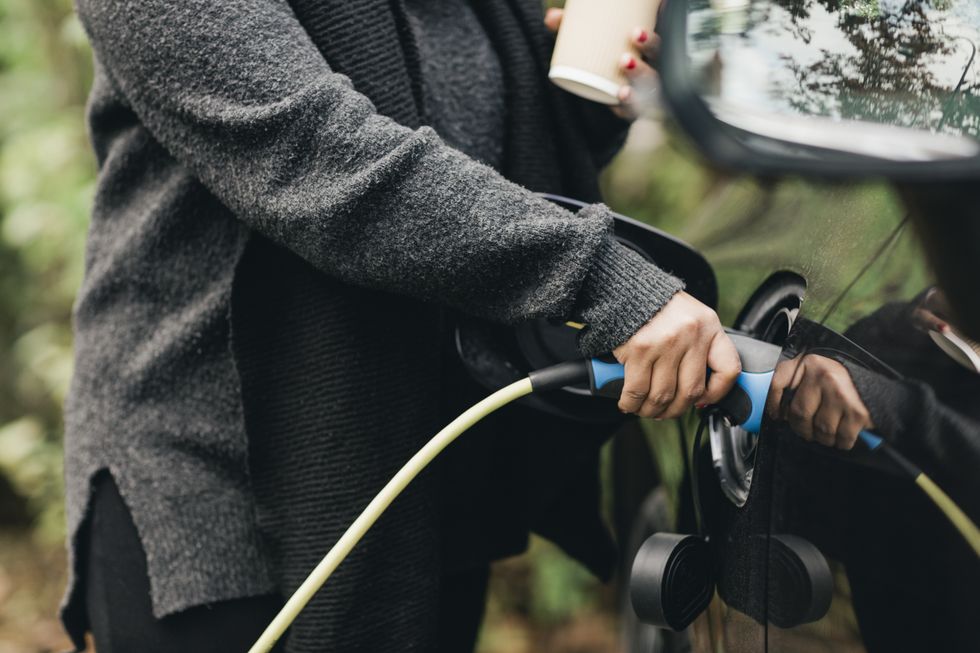
Industry experts have called for drivers to install more electric car chargers
| GETTY"As EVs become more common, drivers find more of their friends and family are EV drivers.
"This helps boost confidence and understanding, and a personal recommendation is of course highly valuable when considering a change like switching to electric driving."







